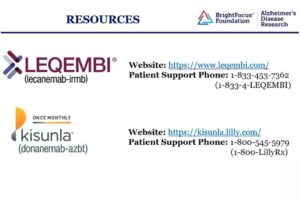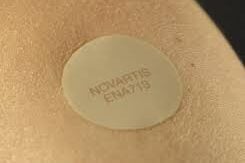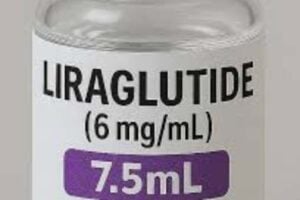European drug regulators recently made a decision regarding Leqembi, an innovative treatment for Alzheimer’s disease jointly developed by Biogen and Eisai. Although the news may appear disheartening at first glance, let’s explore the nuances and potential implications.
- The Rejection: A Hurdle to Overcome
- European regulators rejected Leqembi, raising concerns about its safety profile and side effects. This decision poses a challenge for the companies as they strive to enhance the drug’s adoption in the United States.
- The European Commission, which has the final say on Leqembi’s approval, typically follows the recommendations of the drug regulator. However, this rejection doesn’t necessarily spell the end for Leqembi.
- A Closer Look at Leqembi:
- Leqembi is a monoclonal antibody designed to slow the progression of Alzheimer’s disease, particularly in patients at the early stages.
- It represents a breakthrough in Alzheimer’s treatment—a field that has faced decades of disappointments and setbacks.
- Leqembi has already received regulatory approvals in other countries, including Japan, South Korea, China, and Israel.
- Balancing Efficacy and Safety:
- The European Medicines Agency’s human medicines committee expressed reservations about granting marketing authorization for Leqembi.
- Their concern primarily centers around the risk of serious side effects associated with the medicine, including brain swelling and bleeding.
- These side effects are also observed with another Alzheimer’s drug, Kisunla, developed by Eli Lilly.
- The Bigger Picture:
- Remember that Leqembi’s approval by the U.S. Food and Drug Administration (FDA) was a significant milestone. It marked the first time a drug aimed at slowing disease progression received full regulatory approval for Alzheimer’s.
- Despite bottlenecks related to diagnostic tests and brain scans, Leqembi remains a beacon of hope for patients and their families.
- Looking Ahead:
- Biogen and Eisai are no strangers to the challenges of Alzheimer’s drug development. Their previous drug, Aduhelm, faced its own controversies.
- Let’s keep an eye on how the companies respond to the European rejection. They may seek re-examination or explore additional data to address safety concerns.
Remember, setbacks are part of the journey toward medical breakthroughs. Leqembi’s story is far from over, and science continues to evolve. Stay hopeful! 🌱1, 2











